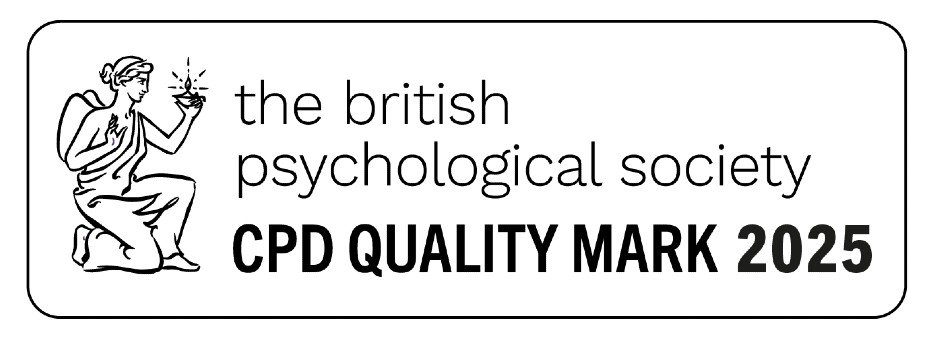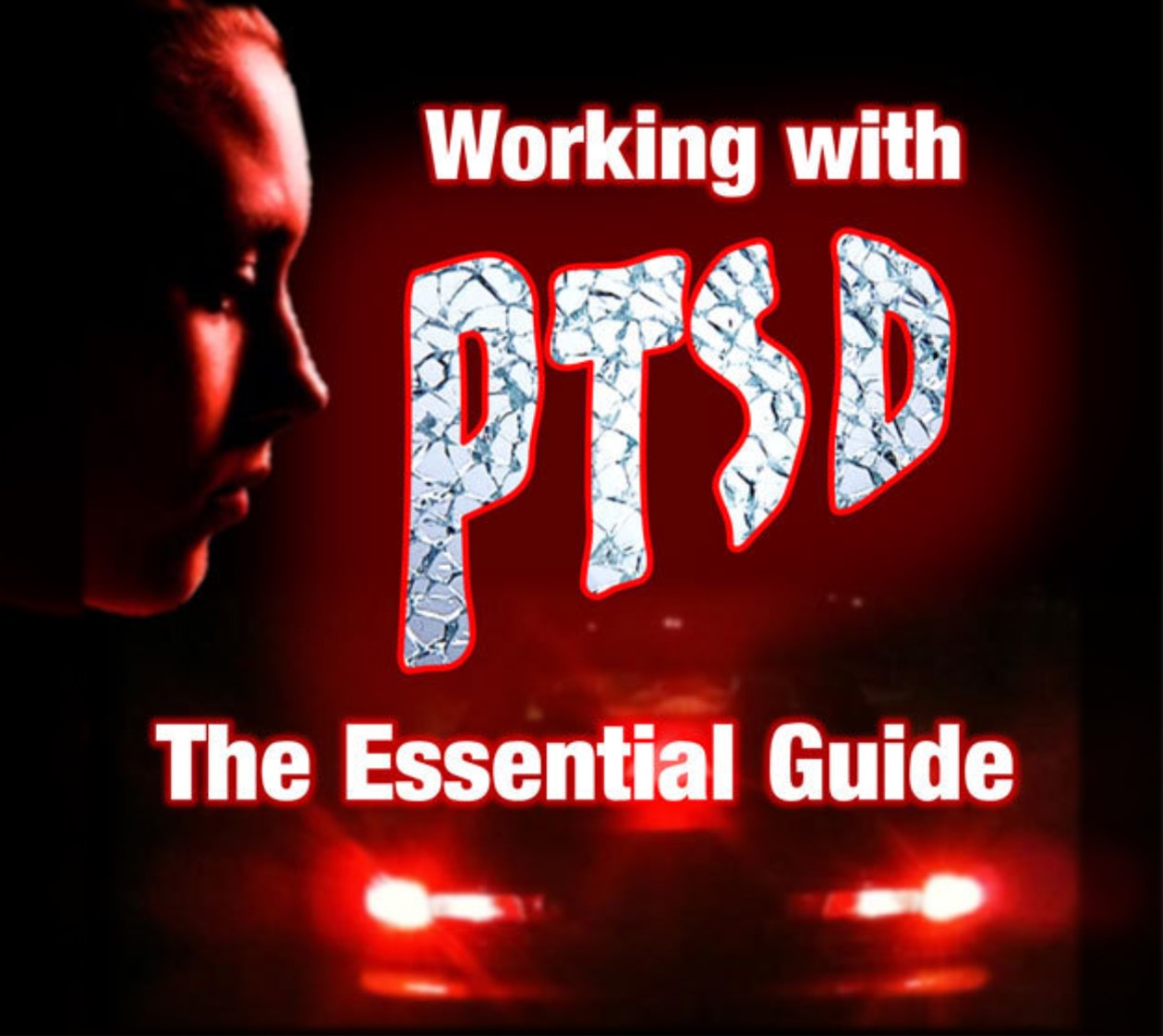
Course Brief
CLICK HERE TO BOOK
Special Offer: Pay for the whole BPS Approved Certificate in Trauma Treatments and save over £200!
A practical two day course for those who work with survivors of trauma, from RTA to childhood abuse. The day combines an overview of the current understanding of Post-Traumatic Stress Disorder (PTSD) with case discussion, demonstration and treatment.
This course is part of the training programme that enables you to complete the BPS Approved Diploma in Cognitive Behavioural Therapy. You can build up gradually your CBT training portfolio by attending all the courses within the programme at the pace that suits you. All your training hours will be calculated, recorded in an individual validated log and accumulated towards your full Diploma.
Also this course is a module of the BPS Approved Certificate in Trauma Treatments.
Completion of this 2 day course counts towards BOTH modular courses.
Special Offer: Pay for the whole BPS Approved Certificate in Trauma Treatments and save over £200!
CLICK HERE TO BOOK
Special Offer: Pay for the whole BPS Approved Certificate in Trauma Treatments and save over £200!
Identifying PTSD: What It Is and What It Isn’t
As well as being referred specifically for PTSD, many clients have recent or past trauma in their histories. A knowledge of symptoms characterizing PTSD will help the practitioner choose the right direction and intervention techniques for therapy.
- What is PTSD? The Big 3 - hyperarousal, reliving and avoidance
- What are the symptoms?
- How do I know if my client has PTSD?
- How do I tell my client about PTSD?
- How effective is treatment for PTSD?
Making Sense of PTSD
An understanding of how trauma leads to PTSD symptoms helps the practitioner conceptualise the case and explain the often frightening and disabling symptoms to the client. ‘One-off’ traumas such as a car accident require a different approach to multiple early abuse. Delegates will learn how to successfully work with these
- Models of PTSD inc. Clark and Ehler’s
- PTSD and the brain
- Type I and Type II PTSD
- Abuse survivors and PTSD
Treating PTSD
Discussing the trauma in an unstructured, conversational way, generally does not work. Worse, it can re-traumatise the client and lead to an increase in distressing symptoms such as flashbacks and dissociation.
- What works for PTSD
- How not to make things worse
- How do I deal with flashbacks?
- Special requirements for work with abuse survivors
- Reliving and EMDR approaches
- Changing thoughts and behaviour
- Relapse prevention
Course Outline:
- Introductions, aims for day
- Identifying PTSD : What it is and what it isn’t
- The Big 3 - Hyperarousal, Reliving and Avoidance
- What are the symptoms?
- How do I tell my client about PTSD?
- Abuse survivors and PTSD
- Type I and Type II PTSD
- PTSD and the brain
- Clark and Ehler’s model
- What works for PTSD
- How not to make things worse
- Working with abuse
- Dealing with flashbacks inc. pair work
- Demonstration and feedback
- Reducing avoidance of traumatic event
- Plan reliving
- Demonstration and feedback
- Hotspots and emotions
- Case Planning pair work
- Feedback
- Final Q & A
- Review of day
Special Offer: Pay for the whole BPS Approved Certificate in Trauma Treatments and save over £200!
This Course is now available as a full recording with an online test via SDS Online Video Training (OVT)
Title: CBT for Working with Post Traumatic Stress Disorder (2 days)
Modality: CBT
CPD Hours Attached: 14 CPD Hours
CLICK HERE TO BOOK
Special Offer: Pay for the whole BPS Approved Certificate in Trauma Treatments and save over £200!
Click here for the full SDS Accreditation terms for the BPS Approved Master Practitioner Diploma in CBT: https://skillsdevelopment.co.uk/certificates/cbt_diploma/
Click here for the full SDS Accreditation terms for the BPS Approved Certificate in Trauma Treatments: https://skillsdevelopment.co.uk/certificates/trauma-certificate/
Course Tutor
Recommended Materials

Working with PTSD: The Essential Guide - 3 CPD Hours
Using this video training both new and experienced therapists will gain a number of useful and practical skills in working with Post Traumatic Stress Disorder (PTSD).
In the first video, expert in the field Dr Fiona Kennedy explores in conversation with Consultant Clinical Psychologist Paul Grantham, the essential aspects of assessment and treatment of PTSD, along with pros and cons of different approaches to working with clients who suffer this challenging condition. She gives practitioners working in the field many insightful and thoughtful suggestions on how to identify PTSD and explain the disorder to clients, as well as practical advice on therapeutic work, concentrating on CBT approaches to treatment, specifically reliving and cognitive restructuring. Fiona and Paul cover all aspect of the practicalities related to this approach from its introduction to the client to the timing of sessions, their length, frequency and follow-ups.
The second and third videos contain live consultations conducted by Dr Kennedy with a real client, filmed over the client’s shoulder to protect their confidentiality.


